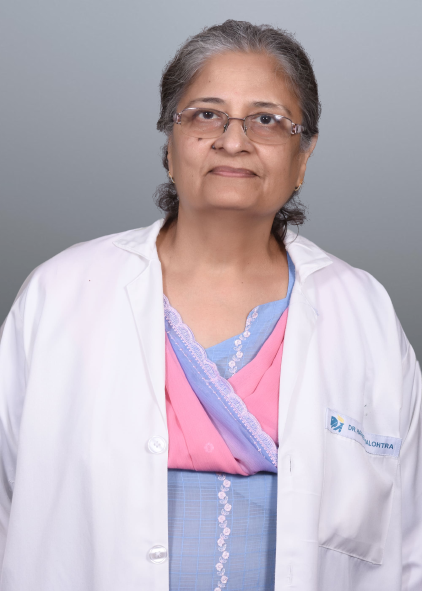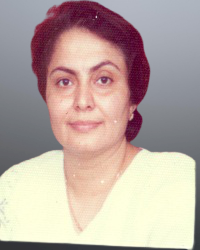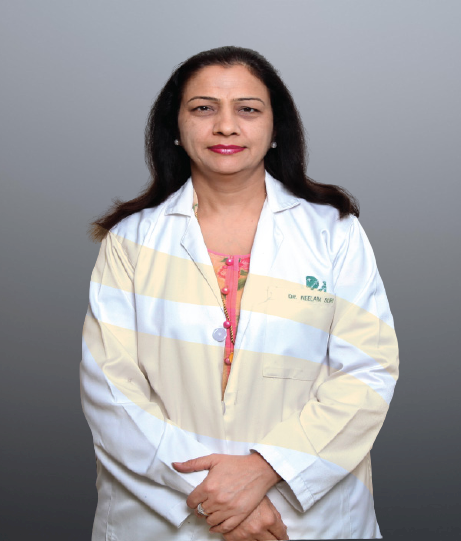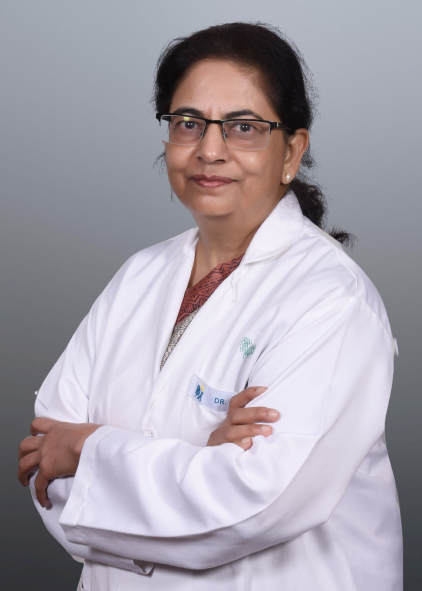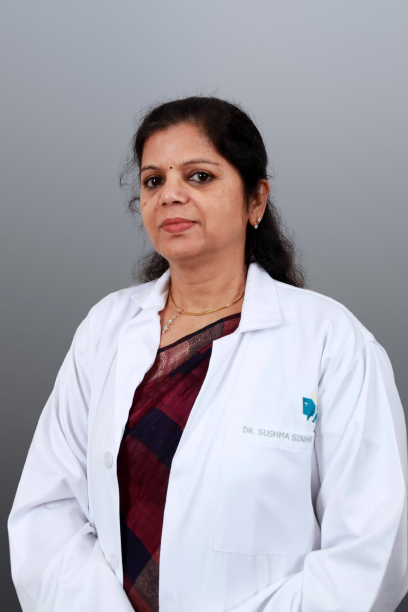Best Rectal prolapse Doctors in Delhi
Rectal prolapse is a condition that arises when the rectum, the final part of the large intestine, protrudes through the anus due to weakened pelvic floor muscles and ligaments. This weakening is often associated with factors such as chronic constipation, pregnancy, childbirth, ageing, or certain neurological conditions. The severity of the prolapse can lead to discomfort, difficulty controlling bowel movements, and in some cases, bleeding or a visible bulge at the anus.
In Delhi, rectal prolapse is a prevalent condition. Fortunately, in Delhi, one can find skilled doctors treating rectal prolapse and offering effective treatments. Apollo Hospitals in Delhi provides comprehensive care from some of the best doctors for rectal prolapse treatment, ensuring patients receive expert medical attention.







 Call Now
Call Now